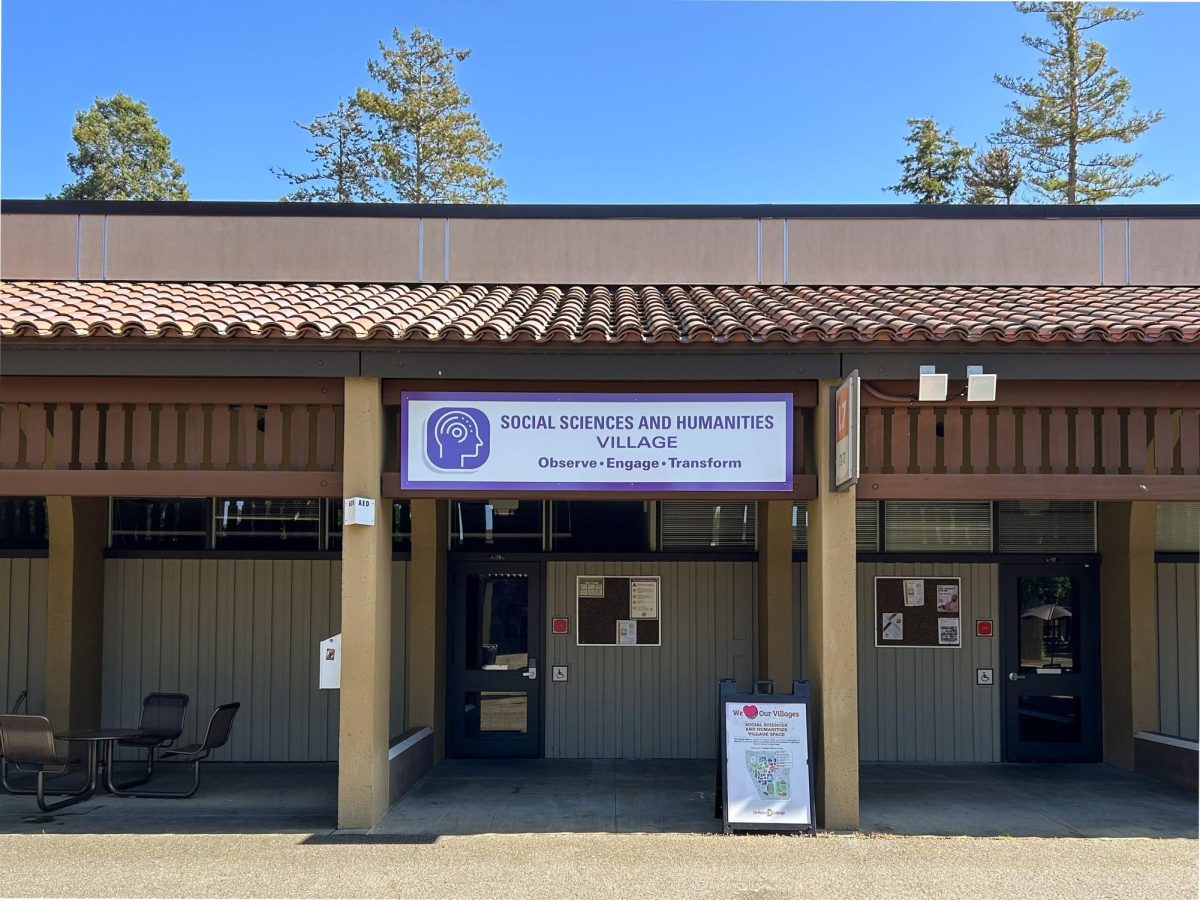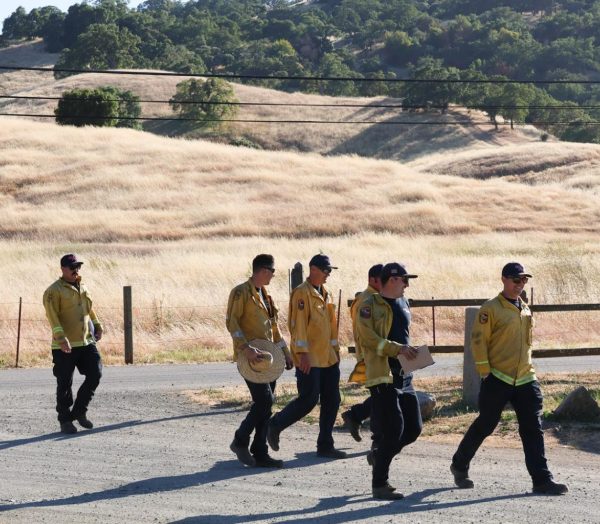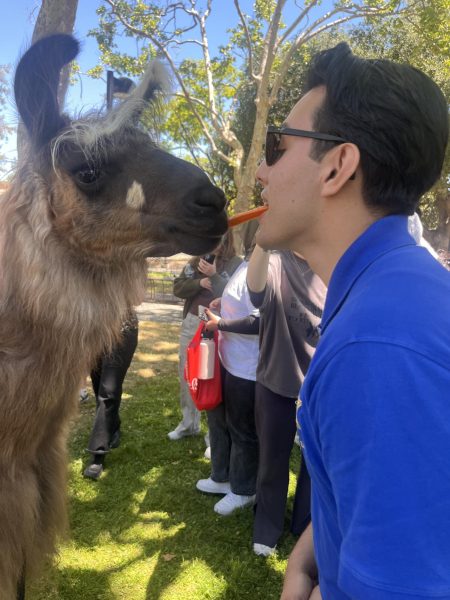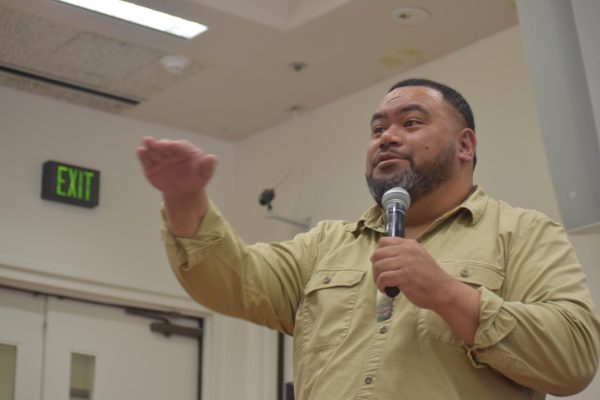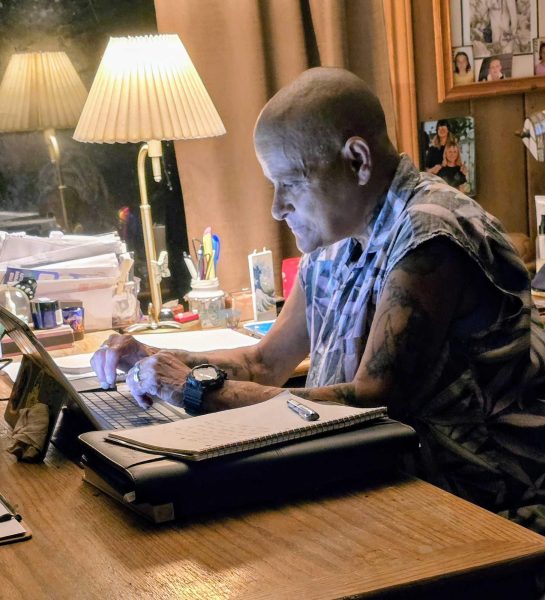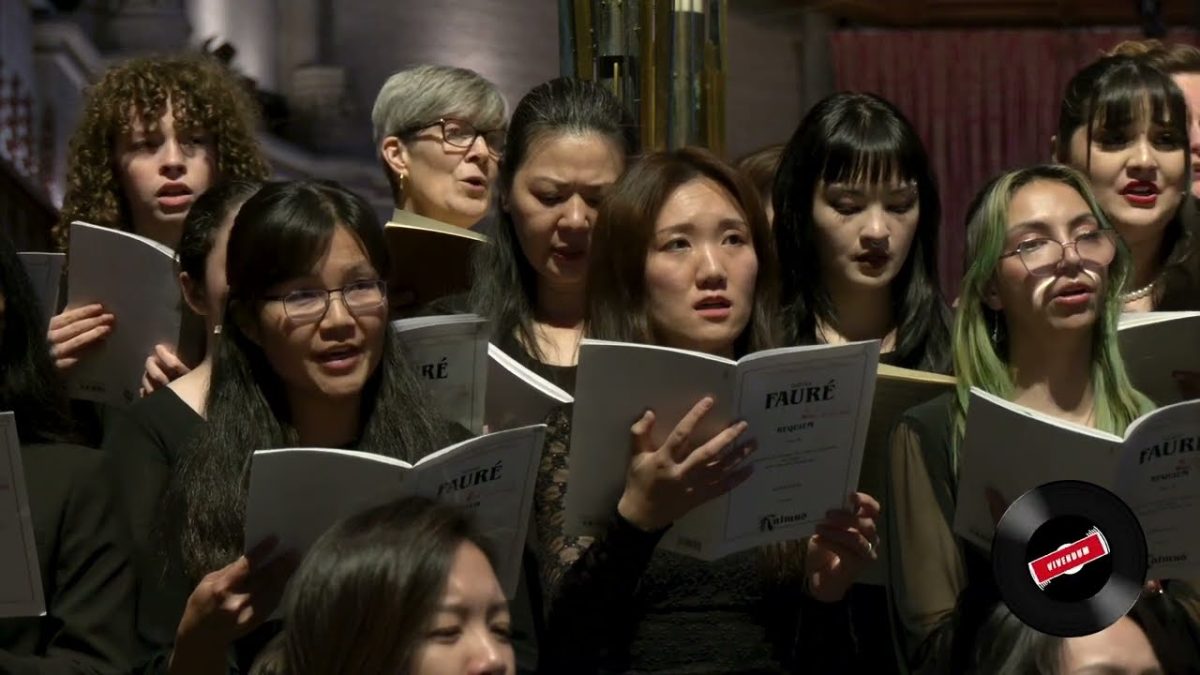Director of “And She Could be Next” aims to bring awareness to minority political representation
“And She Could Be Next” poster
October 21, 2020
The power that women of color, and all minority groups, hold as they stand as one to fight the white supremacy in the U.S. is showcased in the documentary, “And She Could be Next”.
This display of unity led to the documentary being screened at De Anza College on Oct. 13, featuring an interview with its director, Grace Lee.
Lee said she was inspired to make “And She Could Be Next” because of her own interests, combined with the timing of the release of the film.
“I think ‘And She Could be Next’ blends together my personal interests, political interests, and also I knew that it would come out in an election year and that would be part of the conversation,” Lee said.
“There’s a lot to fix right now, in this country, and a lot of institutions are broken, including the documentary field,” Lee continued.
The political journey of seven different women of color, spread over five states, as they fight to represent the non-white population of the U.S.
In the documentary, each woman running for political office is representing the minority groups in their community. Often the representation was for Black and Latinx people, who felt like their vote wouldn’t make a difference.
Featured in the film, Veronica Escobar, Rashida Tlaib, Lucy McBath, Maria Elena Durazo and Bushra Amiwala all won the elections, but faced constant backlash and hate for their race during and after.
While in Georgia to film Stacey Abrams’ candidacy for Georgia’s Governor, Lee and the staff said they witnessed voting suppression brought on by Abrams’ opponent.
Brian Kemp, her opponent, managed to put over 53,000 voter registrations on hold using Georgia’s exact match law, which flags any potential non-citizens and requires them to be approved by a deputy registrar before they can vote.
“It was shocking, just to see the level of suppression there,” said Lee. “It just shows how important it is. People wouldn’t be trying to suppress your vote if they knew that it wasn’t important or counted.”
The documentary shows the women persisting in running in their elections because of a sense of responsibility they felt to represent people of color.
Lee said in order to represent all minority groups in the U.S., there has to be a change in politics.
“It can’t happen unless we have the people who are representing the values and the issues that we have making decisions for us,” Lee said.
Lee also said that this change will not be easy.
“It’s going to be a constant struggle,” she said. “I don’t think it’s ever just, once you get to this bar it’s going to be alright. You constantly have to defend and struggle to keep those.”











